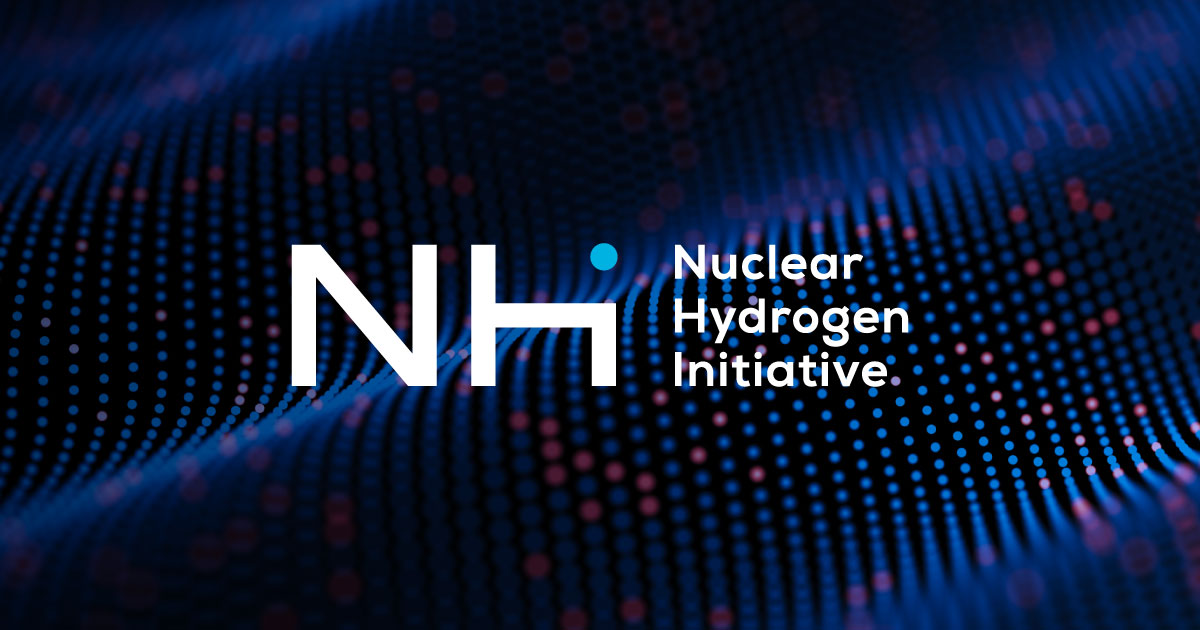Bringing nuclear and hydrogen together: E&E News quotes Elina Teplinsky, the NHI’s lead spokesperson and a partner at the law firm Pillsbury Winthrop Shaw Pittman, as saying, “This is an opportunity to bring together these two industries [nuclear and hydrogen] that have the potential to catalyze decarbonization at the scale and the speed this really needs to have.”
The article points out that most of the attention that policymakers and investors have given to hydrogen fuel has concerned its generation from renewable energy sources like wind and solar. The NHI advocates for nuclear hydrogen to “sit comfortably alongside those methods,” with the added benefit that nuclear power could produce hydrogen more reliably “around the clock” than wind or solar.
Furthermore, the NHI argues that hydrogen production could serve as “a new source of revenue” for nuclear power plants.
NHI activities: The NHI website states that nuclear technologies could produce hydrogen as a zero-carbon fuel “in a clean, efficient manner, and at the potential scale required to drive decarbonization in hard-to-abate energy sectors without the space constraints of other means of hydrogen production.”
The five goals of the NHI are: 1) raising awareness of the role that nuclear technologies can play in the zero-carbon market; 2) developing policies to advance nuclear hydrogen; 3) addressing technical and regulatory challenges; 4) catalyzing commercial partnerships; and 5) engaging the financial community.
To achieve these goals and to “engage, exchange information and ideas, and promote partnerships and cooperation,” the NHI has established cross-sectorial working groups that focus on four priority areas: policy; technology, research and development, and licensing; marketing and commercial partnerships; and financing.
Participants: The participating members of the NHI come from academic institutions, government agencies, national laboratories, nonprofit organizations, nuclear operators, advanced reactor vendors, nuclear equipment suppliers, engineering service providers, industry associations, consulting companies, and the hydrogen supply chain. The International Atomic Energy Agency is also part of the coalition.
The NHI invites any organization or individual interested in participating in the initiative’s activities to email for further information.
Report: Earlier this month, the NHI published a report, Hydrogen Production from Carbon-Free Nuclear Energy, detailing the initiative’s vision of using nuclear energy to produce clean, high-quality hydrogen fuel in large quantities and at low cost. The report notes that hydrogen, which is the most abundant chemical element, is “an energy carrier that can be used not only to store energy, but also to decarbonize hard-to-abate energy sectors, such as transportation, power, industry, and buildings.” The report goes into great detail describing the “unique characteristics of nuclear energy” that “can be a catalyst for a clean hydrogen market.”









